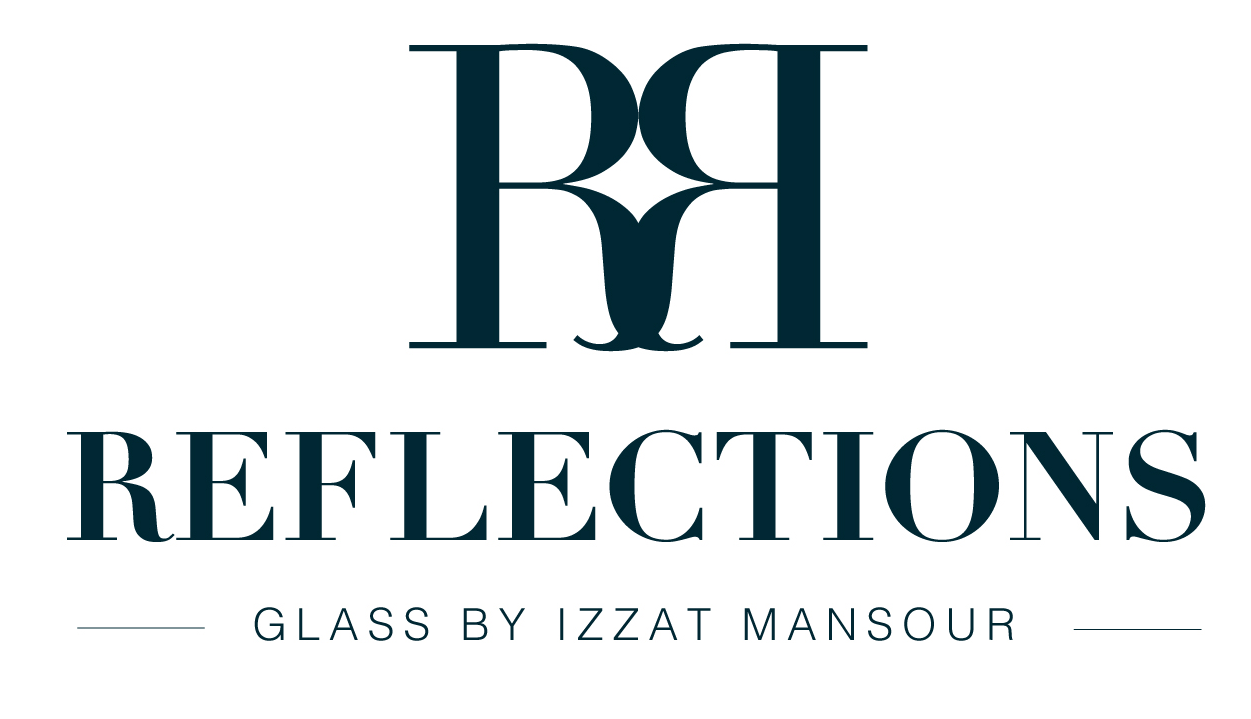FAQ
-
What types of glass are commonly used in doors?
Doors often use tempered glass, laminated glass and frosted glass, depending on the design and safety needs. Tempered glass is a popular choice for its strength and shatter-resistance, making it ideal for both residential and commercial doors. Laminated glass offers enhanced security and sound insulation. For privacy, frosted or patterned glass is commonly used in bathroom and office doors where aesthetic and privacy factors are considered. Non-tempered glass must be avoided for lack of strength and safety reasons.
-
What are the key advantages of installing glass doors and windows in a home?
Installing glass doors and windows enhances your home's natural light, making spaces feel more open and inviting. They improve energy efficiency when using insulated or double-glazed glass, helping maintain indoor temperatures. Glass also adds a modern, elegant look, increases property value, and offers better outdoor views. With options like tempered or laminated safety glass, you also benefit from added security and durability.
-
Are there options for customizing glass doors to specific designs or dimensions?
Yes, glass doors can be fully customized to match your specific design preferences, dimensions, and functional needs. Whether you're looking for frameless glass doors, frosted finishes, tinted glass, or unique etching and patterns, there are endless customization options available. You can also choose the type of hardware, opening mechanism (sliding, hinged, pivot), and glass thickness to suit residential or commercial requirements.
-
Can glass doors and windows effectively reduce noise transmission?
Yes, glass doors and windows can significantly reduce noise transmission, especially when using acoustic or laminated glass. These types of glass are engineered with sound-dampening layers that block external noise, making them ideal for homes, offices, and commercial spaces in busy urban areas. For even better insulation, double-glazed units (with two glass panes and a sealed air gap) offer enhanced soundproofing and energy efficiency.
-
How long does it typically take to install glass doors or windows?
The full process usually takes up to two weeks, depending on the project scope. It starts with gathering your specific requirements, followed by a custom design phase. Once the design is finalized, you’ll review and approve the sample and accessories. After approval, we begin the fabrication stage, where your custom glass elements are carefully crafted. Once ready, we move to the installation stage, ensuring everything is fitted professionally and precisely to your space.
-
What are the energy efficiency benefits of modern glass solutions?
Modern glass solutions—such as double-glazed, low-E, and insulated glass—offer significant energy efficiency benefits for both homes and commercial spaces. These advanced glass types help reduce heat transfer, keeping interiors cooler in summer and warmer in winter, which lowers energy consumption and reduces electricity bills. Additionally, energy-efficient glass can improve UV protection, reduce glare, and contribute to a more sustainable, environmentally friendly building.

